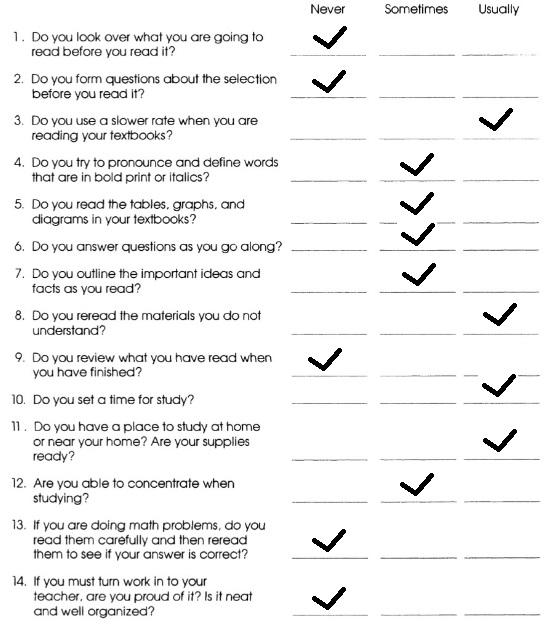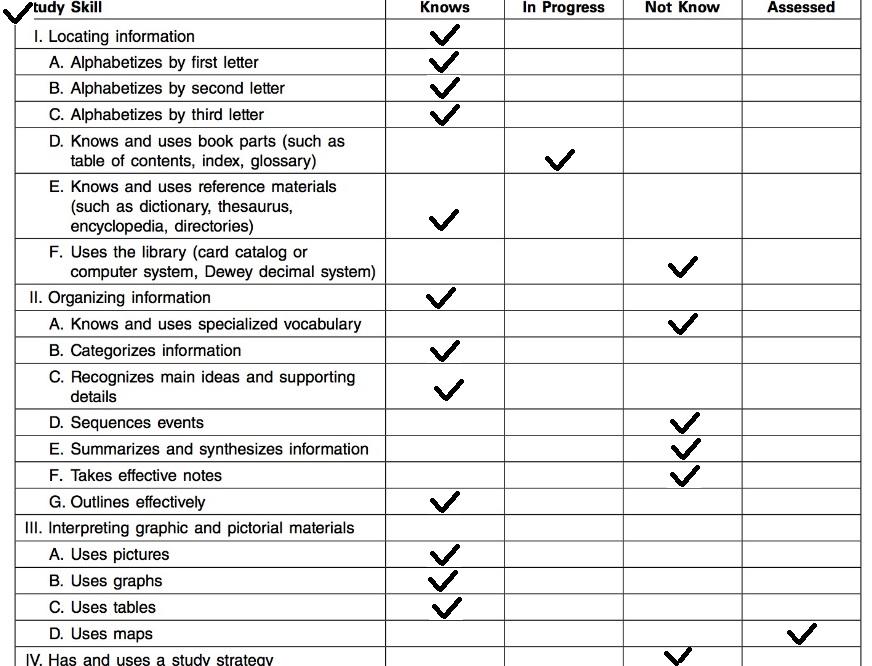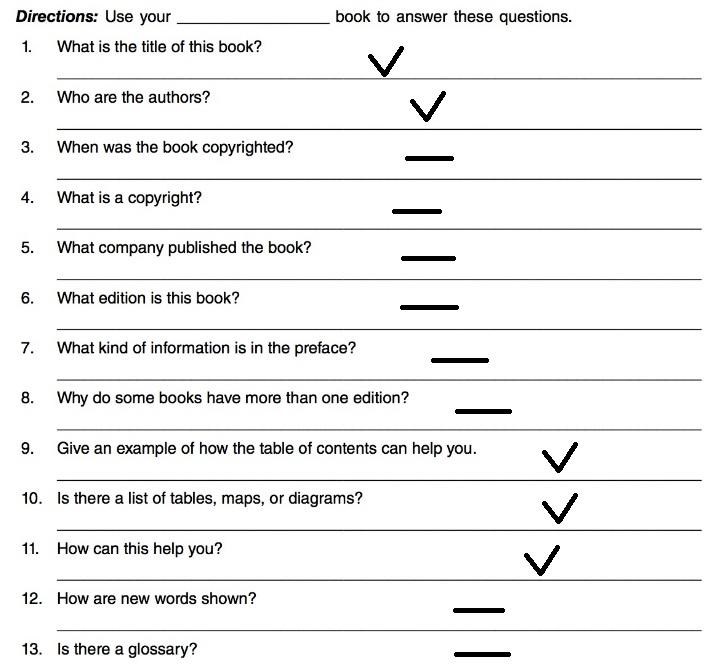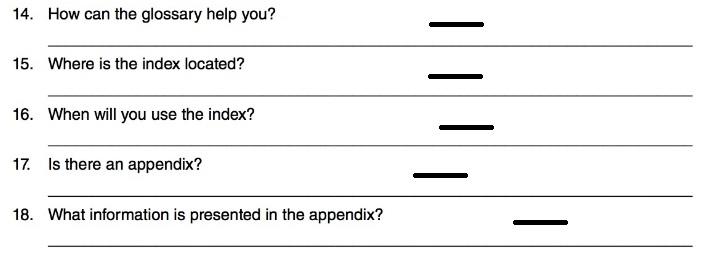Introduction
As a student, a ten-year-old boy named Alex is represented. The main task is to teach the child speaking skills that will correspond to his age group. It is planned that Alex will be able to correctly and reasonably express his thoughts in three months of regular classes. The child reads the story about his native town and based on his reading skills, a certain assessment will be made.
Reading the Story
The boy has read the story about his native town. It consists of the history of this place, significant events, honorary citizens of the town, etc. Thus, among the methods relevant to this type of work, Gipe distinguishes paraphrasing when the child can explain a particular phrase of text in his own words (374). Another important skill is sequencing. As Gipe remarks, this ability will be useful for the student to be able to clean up a logical chain and highlight specific points regarding their significance (369).
Assessment Techniques
According to the questionnaire to determine Alex’s expository reading strategies, the boy never looks over what he is going to read. He also never forms a question about the selection and usually uses a slower rate. Sometimes he tries to pronounce those words that are written in bold or italics and reads such data as diagrams and tables. In some cases, Alex answers questions when he goes along and outlines important ideas and facts. The boy confirms that he rereads the material that he does not understand and claims that he never reviews what he has read. He usually sets a time for study to have a place and needed supplies to prepare for his homework. Alex says that he sometimes can concentrate on what he studies but notes that never reads math tasks carefully if he fails to do them. The boy remarks that he is never proud of turning work into his teacher because it is not always well organized.

When assessing Alex’s activities with the help of a study skills checklist, it can be noted that he knows all the peculiarities of such location information as book parts, reference materials, and alphabetization. However, he does not know some organizing data (specialized vocabulary, sequence events, information summaries, etc.). Nevertheless, he remarks that he can correctly outline. Alex can interpret graphic materials, but the information concerning maps is not assessed. He does not have any study strategy.

If it is about a skills test for assessing knowledge of some book parts, the boy answers the questions confidently enough and can name the title and authors of the book, as well as show its structural parts like a glossary, a table of contents, etc. However, he is not familiar with such concepts as editions, publishers, and copyright. The boy can answer the questions regarding tables and pictures but does not know anything about an index and appendixes.


Results of the Assessment
According to the conducted assessment, it is possible to note that Alex understands how to analyze information and draw conclusions but is not familiar with some concepts and auxiliary sources that are often included in various teaching aids. As the next steps, specific data on the structure of books (appendixes, glossaries, etc.) is required to be explained. It is also essential to check how Alex learns the material and understands the essence of what has been read. One of the Gipe’s successful concepts that can be applied is GRS (the guided reading strategy) for the boy to retell the material he has read and understood texts (393).
Conclusion
Thus, work with Alex will be based on reading a particular story and assessing the boy’s skills by using some concepts from the manual and developing specific evaluation strategies and techniques. The ability to correctly express the thoughts concerning the material of the book is the ultimate goal of the boy’s training. The concept of GRS is one of the most successful.
Work Cited
Gipe, Joan P. Multiple Paths to Literacy: Assessment and Differentiated Instruction for Diverse Learners, K-12. 8th ed., Pearson, 2013.